Text
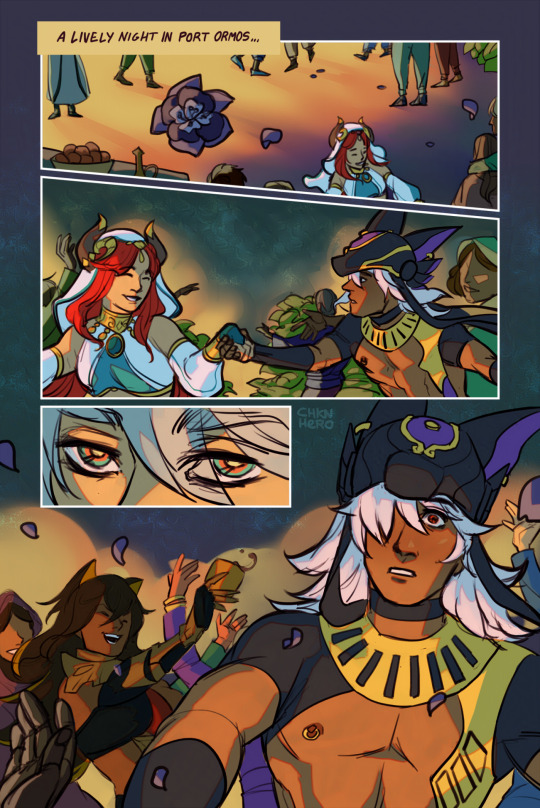
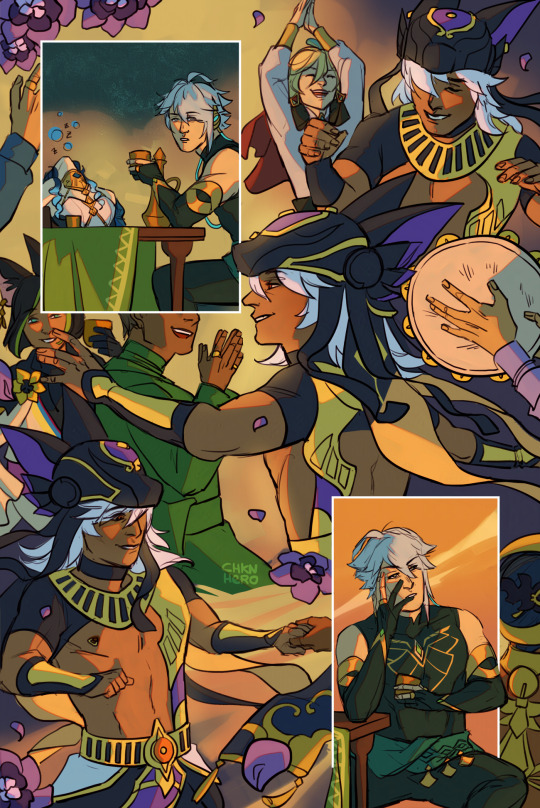
Oh he's got it bad ⚖️🌱
128 notes
·
View notes
Text

bad taste bestie
85 notes
·
View notes
Text

but when he walks in, I am loved, I am loved
25 notes
·
View notes
Text
Anytime i see a bunch of pride flags i have to restrain myself from saying "where mexico" bc i doubt anyone will know I'm referencing this

178K notes
·
View notes
Text

painted doodle from vc with friends
5K notes
·
View notes
Text
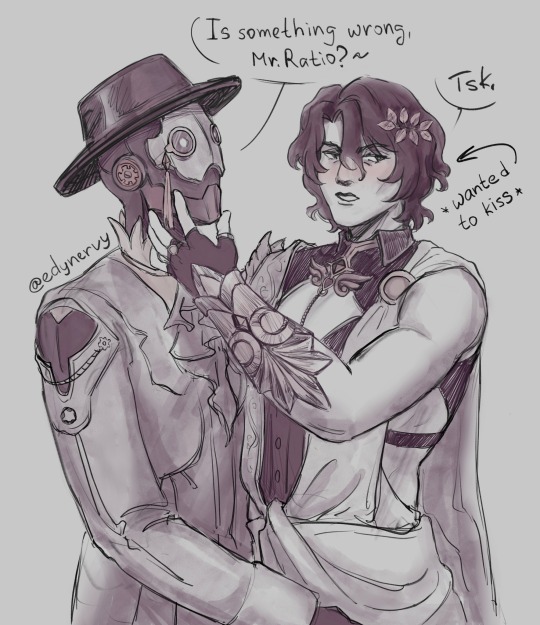

Does this amuse you?
56 notes
·
View notes
Text


cyhaino sketches 💞💕💜💚💖
they’re loveeerrrss!!💕💞
82 notes
·
View notes
Text


Spoilers, it's dysphoria
5K notes
·
View notes
Text
reputation
the same on YouTube
352 notes
·
View notes
Text
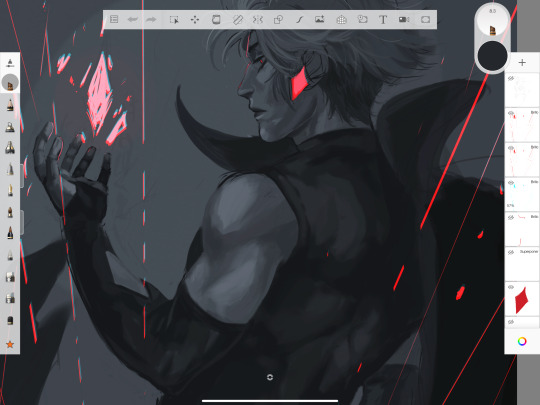
lil wip of haitham I’m using to practice values :) I feel it still lacks some contrast but I’ll fix that later heheh
45 notes
·
View notes
Photo

discussing mysteries
#невероятная работа сколько сил в нее вложено#так хорошо передана атмосфера просто вау#и эти детали...#cynobedo#cyno#albedo#genshin
182 notes
·
View notes
Text
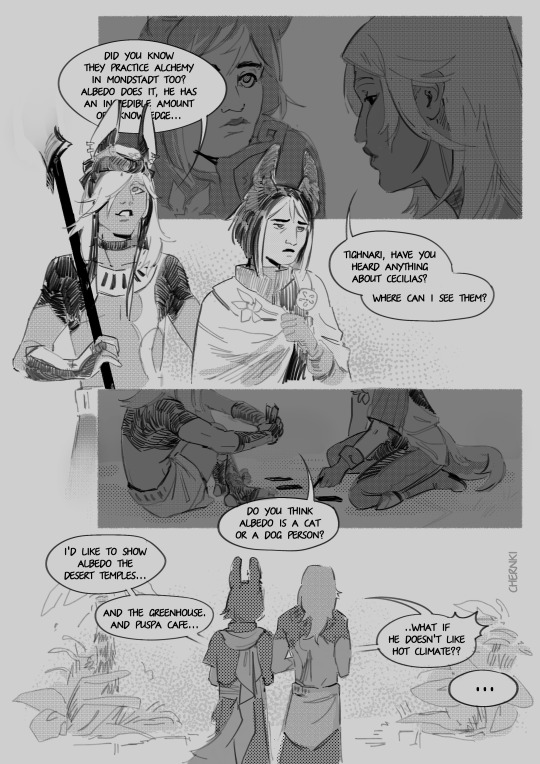
you're obvious cyno
121 notes
·
View notes
Text
🥀

I forget this app exists
148 notes
·
View notes
Photo
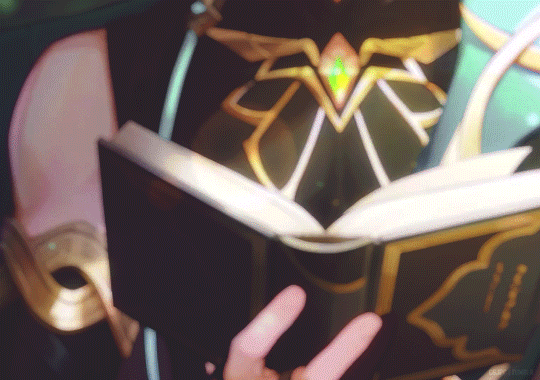
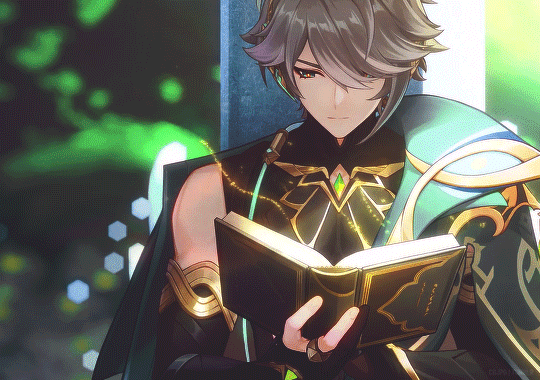
Alhaitham never once believed that referencing records written in all languages would help one gain a comprehensive understanding of the world. However, this doesn’t mean that he stops his contemplation, for a silent record is not the end of the search for truth, but a method to raise questions.
2K notes
·
View notes
Text
The Roles of Atheist and Priest: Balance of Faith between Alhaitham and Cyno

The profoundest eternal questions are met only with a boundless and eternal silence
This line in Alhaitham’s teaser is a reference to a poem by Bengali poet Rabindranath Tagore in the collection titled Stray Birds.
Tagore’s work is deeply religious in nature (heh) as it is largely influenced by the creation myths of the Rig Veda.
The recurring theme of nature, present throughout the entirety of Stray Birds, expresses and explores the relationship between man and spirituality in the tradition of Indian literature:
(...) when Tagore writes of nature —of birds, trees, a singular blade of grass, a sunset, sunrise, a boat ride, a fading view of water— while all of these external objects belonging to the natural world may make Tagore appear much like western Romantic poets, such as Wordsworth or Yeats, Tagore’s mission is actually quite different. In Tagore, what is expressed is a thoughtful relationship of poet to sacred text, of poet to the mythical or cosmological origins of the world.
In Tagore, love of nature equates at one level to love of God; for, in recognizing the worth of the natural world, one is giving assent to the fact that there is a God who created it.
(...) in Stray Birds Tagore writes:
“To-night there is a stir among the palm leaves, as well as in the sea
Full Moon, like the heart throb of the world
From what unknown sky hast thou carried in thy silence the aching secret of love?”
The lines echo the concept from the creation hymns wherein the sacred text posits that no one knows how creation came to be because no one witnessed it except for the creator God itself, and who can truly know this God but to seek him? As if this were not enough, also in Stray Birds, we read Tagore’s development of this concept as he writes:
”God comes to me in the dusk of my evening with the flowers from my past kept fresh in his basket”
This is the mind of a religious poet at work, not a Romantic poet.
—Love of Creation and Mysticism in Tagore’s Gitanjali and Stray Birds, by Paula Hayes
Silence is another major element of Tagore’s exploration of nature as the connection with god, which represents divine wisdom through introspection:
This power of silence is attributed to its heavenly origins. Silence is the voice of God, as well as the place where everyone finds and worships his god:
”God’s silence ripens man’s thoughts into speech”
In another poem, this eternal silence of Heaven is juxtaposed with the eternal quest of earthly creatures, a process that affirms the superiority of the former as the ultimate province of trust, beyond the doctrines and divisions created by the mind with their ensuing doubt and uncertainty:
”What language is thine, O sea?”
”The language of eternal question”
”What language is thy answer, O sky?”
”The language of eternal silence”
(...) Silence, therefore, is not merely a recurrent theme in the poems of Tagore, nor is it a distinct element that can be extracted from the rest of the poem. It is organically interwoven with other elements, establishing the unity of the poem, its coherence and its uniqueness as well.
—Language of eternal silence, by Muhhammad Hesham
In the poem referenced in Alhaitham’s teaser, the “eternal question” represents man’s quest to find meaning through spirituality, while the “eternal silence” represents introspection and a connection with the wisdom of God.
The role of eternal question fits a character like Alhaitham perfectly: one who seeks wisdom for personal fulfillment, but it is also one that questions this eternal silence —the word of god. One who raises questions against belief, not for the sake of negation, but understanding. An ethical atheist, if you will.
Alhaitham’s ideological worldview of individualism is inspired by the work of Max Stirner, originator of egoist anarchy. Stirner is highly critical of religion, but he also looks down on atheists of his time for replacing the god of western religion with morality and humanism. For him, true freedom can only be achieved through individualism.
Whether then the one God or the three in one. whether the Lutheran God or the être suprême or not God at all, but “Man,” may represent the highest essence, that makes no difference at all for him who denies the highest essence itself, for in his eyes those servants of a highest essence are one and all — pious people, the most raging atheist not less than the most faith-filled Christian.
—The Ego and Its Own, by Max Stirner
Stirner doesn’t seem concerned with denying the existence of god, but rather with the origin and care of his own desires, centering himself instead of “man” as a collective or an idea. He does not act for the good of anyone but himself (or that’s his ideal, at least).
Here’s where Haitham deviates from Stirner’s egoism. He’s not concerned with archons and he does favor individual comfort over Kaveh’s altruism, and he’s not afraid nor ashamed of trespassing conventional rules or institutional laws to get what he wants, but he does recognize the importance of order in society.

Sumeru is the nation ruled by the god of wisdom, so wisdom and knowledge can be understood as the fruit of worship for the archon. Akademiya rules are, much like in religion, a moral code that shapes the ideal believer and punishes those who break the order upheld under these rules.
Funny enough, the Akademiya’s original Chinese name is (according to the wiki) Sumeru Institute of Religious Decree —the religious context is lost on the English translation.
Understanding the Akademiya as an allegorical religious institution, Cyno serves as a guardian of the principles and moral code of this church. His historical predecessor is none other than priest Kasala, after all, who was a faithful follower of the Scarlet King (that he calls his “eternal lord”) and later aided Rukkhadevata.
Cyno’s priest-like figure is a fair counterpart to Alhaitham’s atheist: when the ethical atheist raises questions, it is the duty of the priest to answer on behalf of the divine.
The eternal question, an introspective search for answers and meaning; the eternal silence, the wisdom of divine scripture.
Alhaitham and Cyno are the only characters in Sumeru having an association with the theme of silence, especially Cyno. Alhaitham through Tagore’s poem and the description in his default outfit in which a member of the Temple of Silence warns the listener not to bother him if he’s wearing his headphones; and Cyno through direct references in his lore as well as his official affiliation to the Temple.
Much like in Tagore’s poem, the exchange of question and silence is not a hostile one, but rather a conversation, a means for growth for both sides. In dialectics, an argument is held for the same reasons: when offering a thesis, it must be reasonably defended against an equally reasonable contradiction.
Putting these two characters who fulfill these specific roles with religious undertones in a storyline where they work together to overthrow a government, then I simply am reminded of Enjolras and Grantaire from Les Miserables.

YOU SEE they’re part of the revolutionary group that fights in the barricades.

Enjolras is completely driven by ideology, every aspect of his life revolves around his ideals of revolution and freedom to the point that he just isn’t approachable by his colleagues. He’s more a walking ideal than human. While Grantaire is a skeptic who refuses to believe in anything (that is, except Enjolras) (they’re canonically super gay, the author went out of his way to compare them to a bunch of gay Greek historical and mythical couples so go figure).
Grantaire is rather a self indulgent nihilist, but Stirner’s vibes of cynical egoism are there (just described through the eyes of someone who does favor altruism instead lmao):
All those words: rights of the people, rights of man, the social contract, the French Revolution, the Republic, democracy, humanity, civilization, religion, progress, came very near to signifying nothing whatsoever to Grantaire. He smiled at them. Scepticisn, that caries of the intelligence, had not left him a whole single idea. He lived with irony. This was his axiom: “There is but one certainty, my full glass.” He sneered at all devotion in all parties, the father as well as the brother.
Grantaire believes in nothing, which is why he’s in love with the personification of ideal and belief.
A skeptic who adheres to a believer is as simple as the law of complementary colors. That which we lack attracts us. No one loves the light like the blind man. (...) Grantaire, in whom writhed doubt, loved to watch faith soar in Enjolras. He had need of Enjolras. That chaste, healthy, firm, upright, hard candid nature charmed him, without his being clearly aware of it, and without the idea of explaining it to himself having occurred to him. He admired his opposite by instinct.
Their contrast is mainly ideological, with Grantaire barely participating in the revolutionary acts of the group, but (although lesmis seems to be heavily shaped by religious narratives, especially Valjean’s main storyline) the way Enjolras is described very much fits Cyno’s own commitment to his duty as the General Mahamatra:
Enjolras was a charming young man, who was capable of being terrible. He was angelically handsome. He was a savage Antinous. One would have said, to see the pensive thoughtfulness of his glance, that he had already, in some previous state of existence, traversed the revolutionary apocalypse. He possessed the tradition of it as though he had been a witness. He was acquainted with all the minute details of the great affair. A pontifical and warlike nature, a singular thing in a youth. He was an officiating priest and a man of war; from the immediate point of view, a soldier of the democracy; above the contemporary movement, the priest of the ideal
Enjolras role as a revolutionary is heavily colored by religious and military undertones.
For most of the story Grantaire is rejected by Enjolras, often scorned by his lack of commitment and his lifestyle. It is at the last moment when Enjolras is cornered by a fire squad after the barricade fails that Grantaire declares himself a Republican and volunteers to die with him. Enjolras ideals have not succeeded in his quest for liberation, but Grantaire offers him a last hope in leaving his skepticism to believe in those ideals. If a skeptic was capable of believing, then surely it was not in vain and many others would carry Enjolras beliefs beyond his tragical death. And in taking his hand Enjolras basically accepts his feelings because les mis is of course a yaoi
Grantaire had risen. The immense gleam of the whole combat which he had missed, and in which he had had no part, appeared in the brilliant glance of the transfigured drunken man.
He repeated: "Long live the Republic!" crossed the room with a firm stride and placed himself in front of the guns beside Enjolras.
"Finish both of us at one blow," said he.
And turning gently to Enjolras, he said to him:
"Do you permit it?"
Enjolras pressed his hand with a smile.
This smile was not ended when the report resounded.
Enjolras, pierced by eight bullets, remained leaning against the wall, as though the balls had nailed him there. Only, his head was bowed.
Grantaire fell at his feet, as though struck by a thunderbolt.
Either way, haino in sumeru aq did succeed in overthrowing Azar and lived to tell the tale. But, well, they didn’t need this exchange. Alhaitham understands the value of rules, of Cyno’s duty, as they cooperate with each other.
so anyway yea enjoltaire haino, atheist and priest, gay ideological opposites of faith working together to overthrow the government u get it
further readings:
On the Couple of Silence by hibarifish
Alhaitham and Egoist Anarchism by lotusparadisaea
Love of Creation and Mysticism in Tagore’s Gitanjali and Stray Birds by Paula Hayes
Language of eternal silence by Muhhammad Hesham
#oh my GOD i'm going crazy rn#THEY'RE STRONGLY CONNECTED#thank you so much for this post op#it helped put together several puzzles in my head#cytham#haino#cyhaino#alhaitham#cyno
69 notes
·
View notes
Text
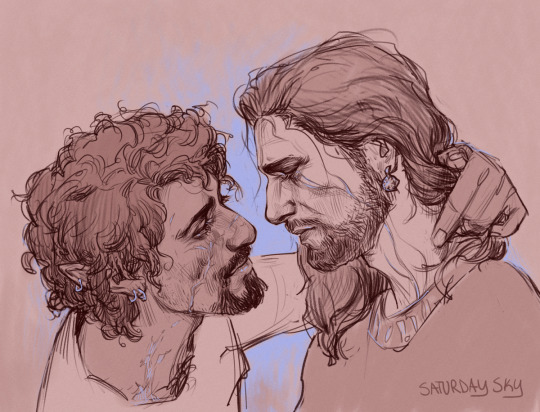
we'll be alright, love. we'll make it through, you'll see.
just a doodle of my gnome tav, mayhew, and gale sometime in the long, dark night of the soul that is act 2
line version:

used a photo ref for the general pose. refs are amazing ✌
2K notes
·
View notes

